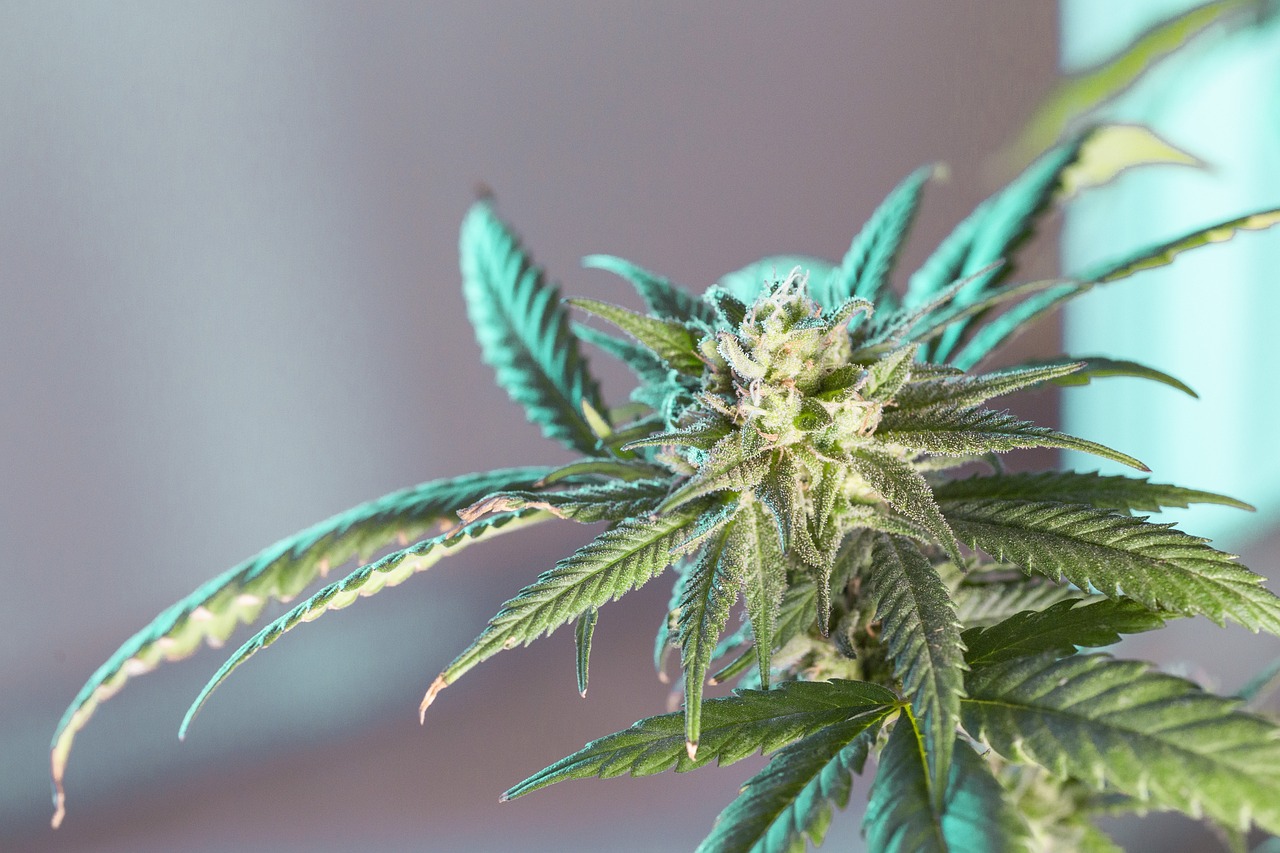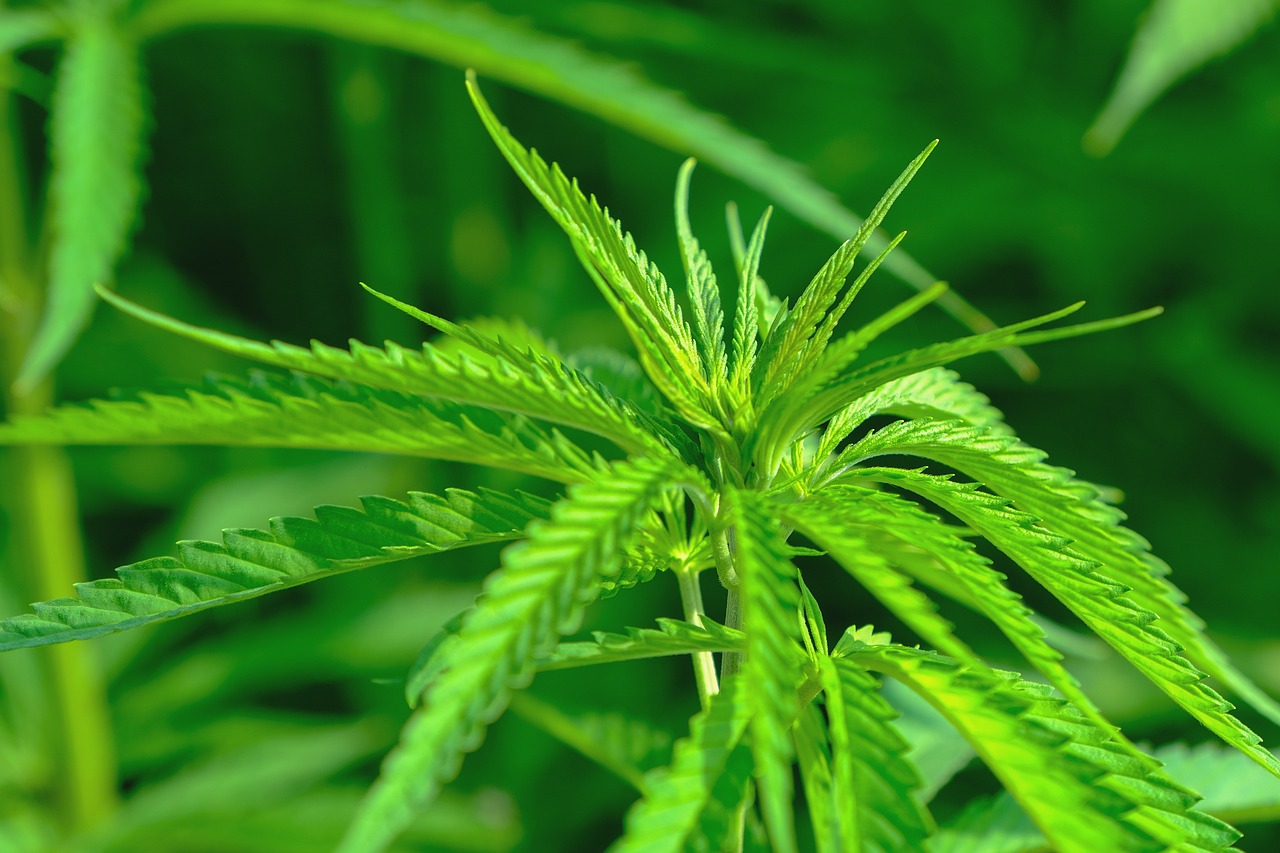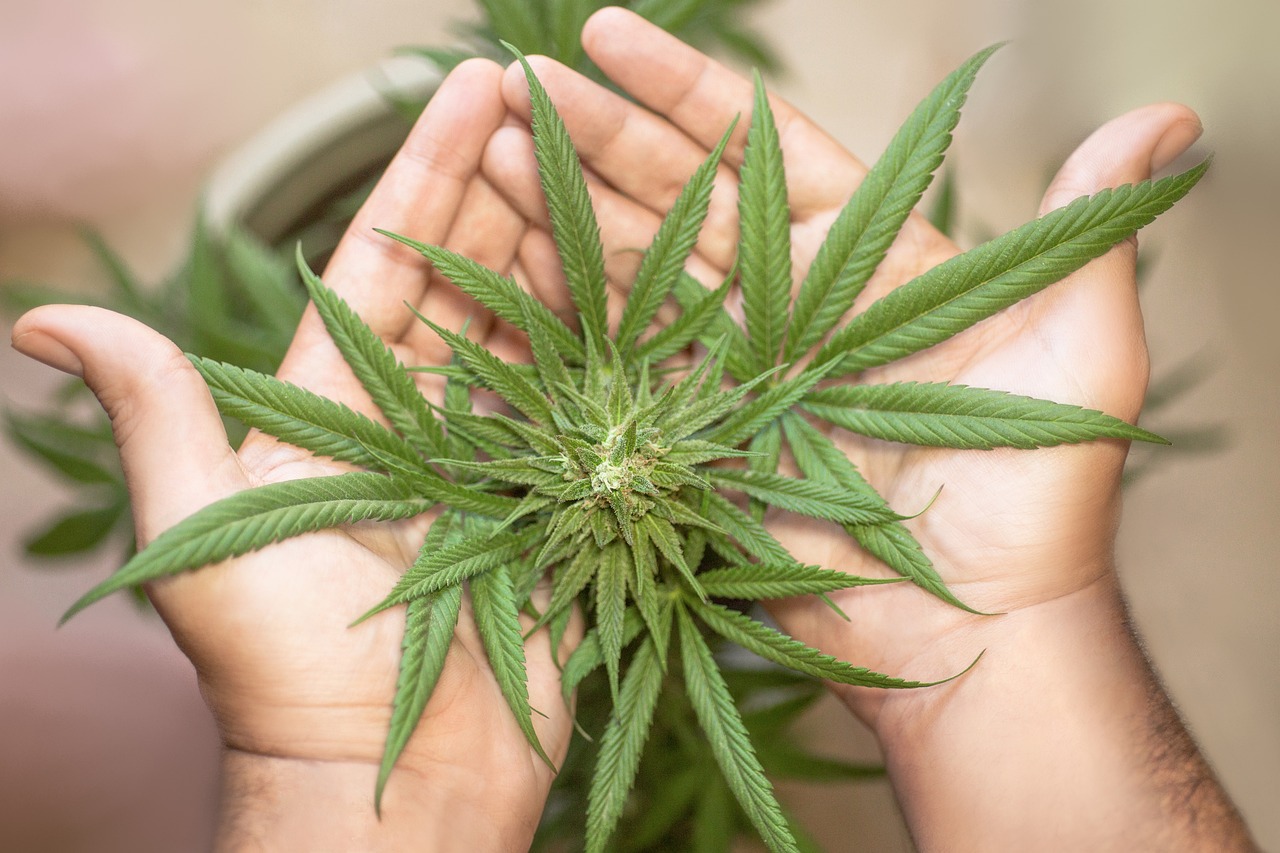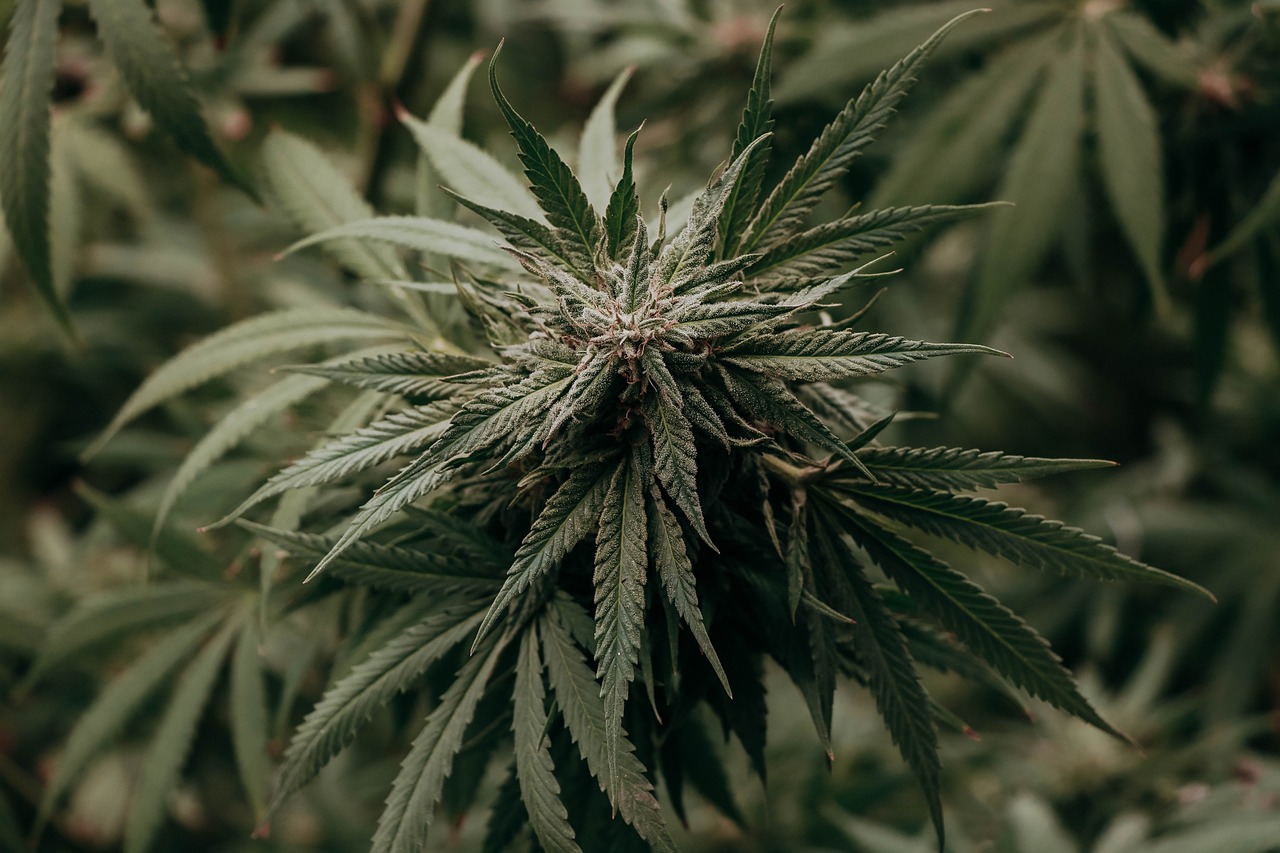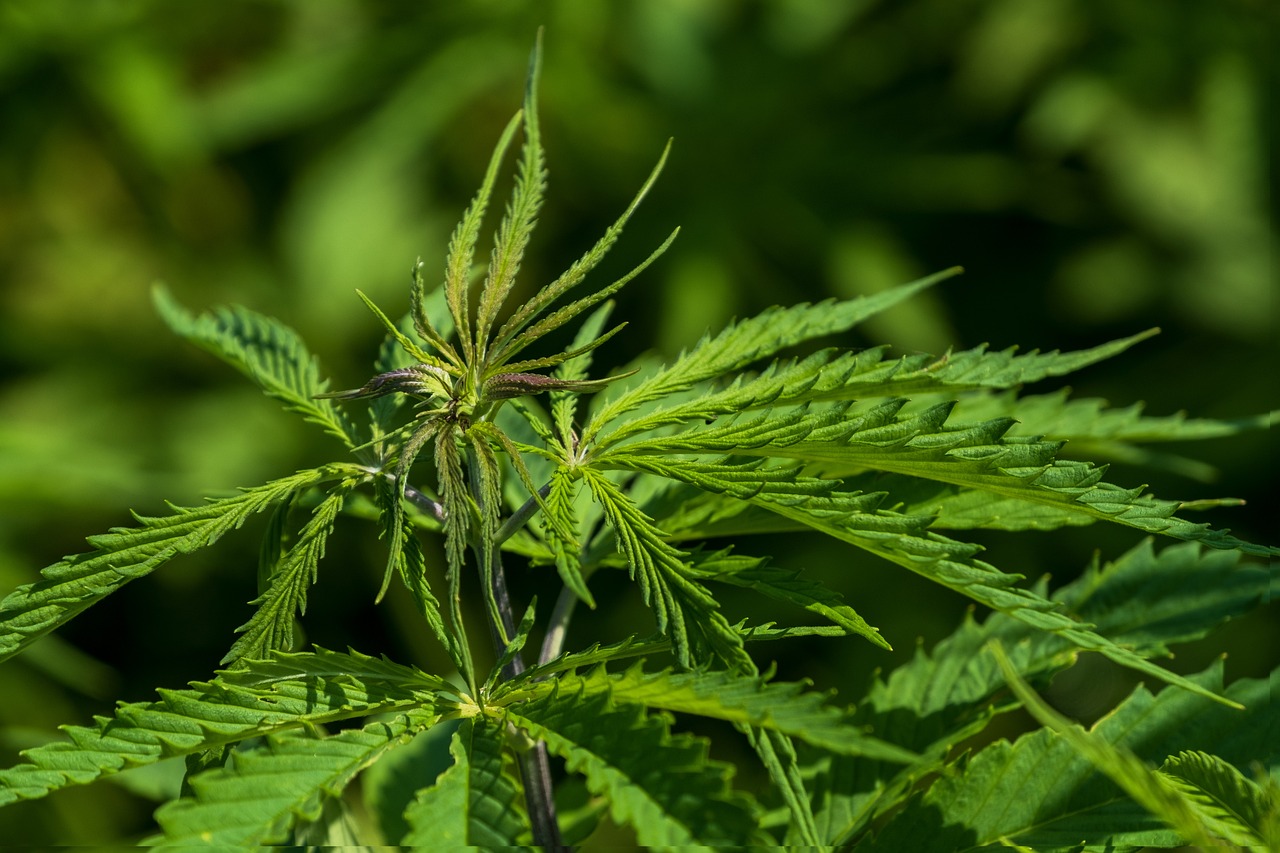The world of medicinal cannabis is evolving rapidly, with new discoveries and innovations emerging regularly. Among these, THCA flower is gaining attention for its potential therapeutic benefits. This article explores why THCa flower vs CBD floweris poised to become a significant player in the medicinal cannabis industry.
Understanding THCA: The Precursor to THC
THCA, or tetrahydrocannabinolic acid, is a non-psychoactive cannabinoid found in raw cannabis plants. Unlike THC, which is known for its psychoactive effects, THCA does not produce a “high.” This makes it an attractive option for those seeking the medicinal benefits of cannabis without the mind-altering effects.
The Science Behind THCA
THCA is the acidic form of THC. When cannabis is heated through smoking, vaping, or cooking, THCA is converted into THC through a process called decarboxylation. This transformation is what gives THC its psychoactive properties. However, when consumed in its raw form, THCA remains non-psychoactive, allowing users to experience its potential health benefits without intoxication.
Potential Health Benefits of THCA
Research into THCA is still in its early stages, but preliminary studies and anecdotal evidence suggest several potential health benefits:
- Anti-inflammatory Properties: THCA may help reduce inflammation, making it a promising option for conditions like arthritis and inflammatory bowel disease.
- Neuroprotective Effects: Some studies indicate that THCA may protect brain cells, potentially benefiting those with neurodegenerative diseases such as Alzheimer’s and Parkinson’s.
- Anti-emetic Properties: THCA has shown promise in reducing nausea and vomiting, which could be beneficial for patients undergoing chemotherapy.
- Appetite Stimulation: Like THC, THCA may help stimulate appetite, offering potential relief for individuals with eating disorders or those undergoing treatments that suppress appetite.
Case Studies and Research
While comprehensive clinical trials are still needed, several case studies and preliminary research findings highlight the potential of THCA:
Case Study: THCA and Epilepsy
A notable case involves a young patient with severe epilepsy who experienced a significant reduction in seizures after incorporating THCA into their treatment regimen. This case has sparked interest in further exploring THCA’s potential as an anti-seizure medication.
Research on Inflammation
A study published in the “Journal of Pharmacology” found that THCA exhibited anti-inflammatory effects in animal models. These findings suggest that THCA could be a valuable addition to treatments for inflammatory conditions.
THCA vs. THC: A Comparison
While both THCA and THC originate from the same plant, their effects and applications differ significantly:
- Psychoactivity: THC is psychoactive, while THCA is not, making THCA suitable for patients who wish to avoid the “high” associated with THC.
- Legal Status: In many regions, THCA is legal where THC is not, providing an alternative for patients in areas with strict cannabis regulations.
- Therapeutic Applications: THCA’s unique properties make it potentially useful for conditions that may not respond well to THC.
The Future of THCA in Medicinal Cannabis
The growing interest in THCA is driving research and development in the cannabis industry. As more studies are conducted, the understanding of THCA’s therapeutic potential will likely expand, leading to new applications and products.
Innovations in THCA Products
Companies are already exploring innovative ways to incorporate THCA into their product lines. From tinctures and capsules to raw cannabis juices, the options for consuming THCA are expanding, providing patients with more choices tailored to their needs.
Regulatory Considerations
As the legal landscape for cannabis continues to evolve, THCA may benefit from more favorable regulations compared to THC. This could facilitate easier access for patients and encourage further research into its medicinal properties.
Conclusion
THCA flower represents a promising frontier in the field of medicinal cannabis. With its non-psychoactive nature and potential health benefits, it offers a compelling alternative for patients seeking relief without the high associated with THC. As research progresses and awareness grows, THCA is likely to play an increasingly important role in the future of medicinal cannabis.
